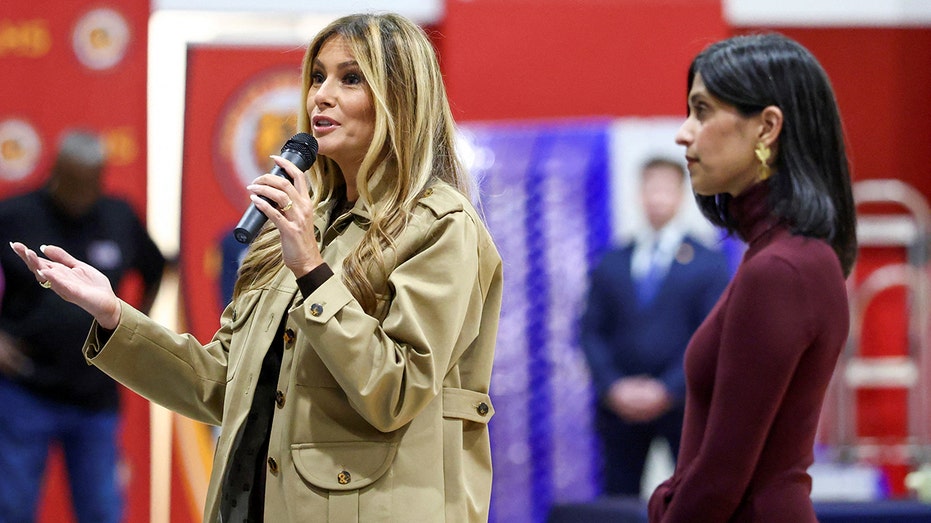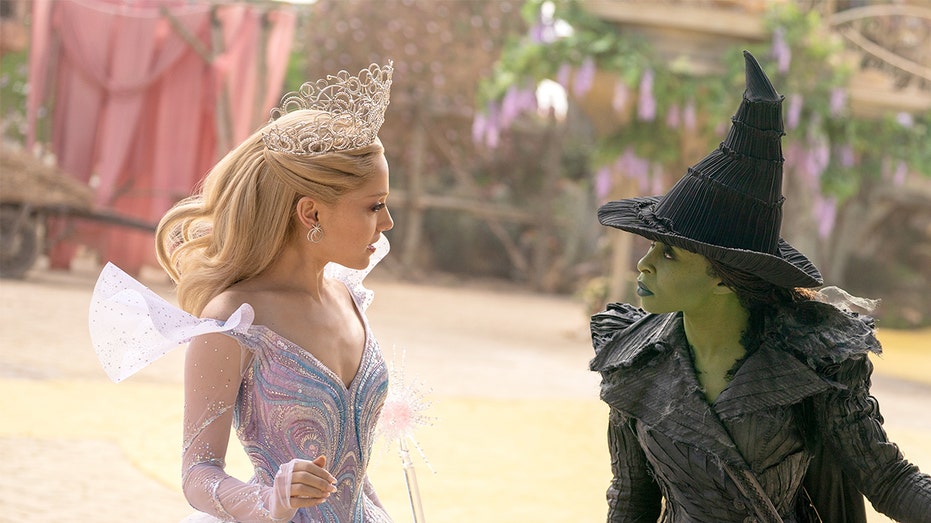The question hangs heavy in the air as Thanksgiving approaches: “You know your dad is a fascist, right?” It’s a conversation likely echoing in homes across the country, a stark reminder of the deep divisions shaping American life. Yet, a surprising scene unfolded last week, offering a glimmer of something different.
For nearly an hour, President Donald Trump and New York City’s mayor-elect, Zohran Mamdani, set aside months of pointed attacks and bitter rhetoric. They demonstrated a level of civility rarely seen in modern politics, a quiet display of decorum that might hold a lesson for us all.
Anticipation of conflict was high. Many braced for a repeat of past, contentious encounters, expecting a fiery exchange. Instead, a surprising restraint prevailed. Both men understood that a public spectacle would serve no one, and so, they navigated the conversation with carefully chosen words and polite gestures.
Reporters, eager to ignite a clash, attempted to provoke a reaction. Questions were posed, designed to highlight differences and stir animosity. But Trump consistently deflected, refusing to engage in the baiting, even defending Mamdani against pointed accusations.
On multiple occasions, Trump actively shielded Mamdani from criticism, stating he’d be comfortable with him leading New York City and even suggesting the young socialist might evolve in office. He acknowledged the rough-and-tumble nature of politics, where labels are readily applied.
The most revealing moment arrived when Mamdani was pressed on his previous description of Trump as a “fascist.” He hesitated, visibly uncomfortable, until Trump intervened, urging him to simply agree. It was, Trump implied, easier than attempting a lengthy explanation.
This exchange underscored a fundamental truth: once the campaign is over, cooperation becomes essential. The heated rhetoric of the election trail must give way to the practicalities of governance, regardless of past accusations.
The meeting also highlighted Trump’s pragmatic approach to policy. He isn’t rigidly bound by ideology, having shifted political affiliations throughout his career. For Trump, effectiveness is paramount, not adherence to any particular political doctrine.
Mamdani, a self-declared socialist, and Trump, a figure embraced by various conservative factions, represent seemingly irreconcilable differences. Yet, the encounter revealed a willingness to bridge that divide, at least temporarily.
Mamdani skillfully adopted a deferential demeanor, mirroring the polite behavior often expected of younger family members during holiday gatherings. He maintained a calm and reserved presence, carefully navigating the delicate situation.
There’s little fear of backlash for Mamdani on the left, as his supporters understand he was simply playing the political game, a tactic not unfamiliar to seasoned politicians like former President Obama. But the meeting undeniably offered a humanizing glimpse of Trump.
By choosing civility over confrontation, Trump presented a surprising image of presidential grace, a “President Knows Best” moment that resonated beyond the immediate setting. It was a temporary truce, perhaps lasting only through the holidays, but a welcome respite nonetheless.
One can almost imagine Trump, relaxing after the meeting, remarking on his son-in-law’s political leanings with a shrug and a touch of affection. “My daughter married a communist, can you believe it? But that’s okay, we like Zohran.”
As the season of Advent begins, this display of mutual respect offers a hopeful message. Two men, representing vastly different ideologies, found common ground in civility, a reminder that even amidst deep division, dignity and respect are possible.
And perhaps, like many mothers and grandmothers on Thanksgiving, First Lady Melania Trump breathed a silent sigh of relief as the fireworks never erupted, and the family managed to navigate the meal with grace and goodwill.






